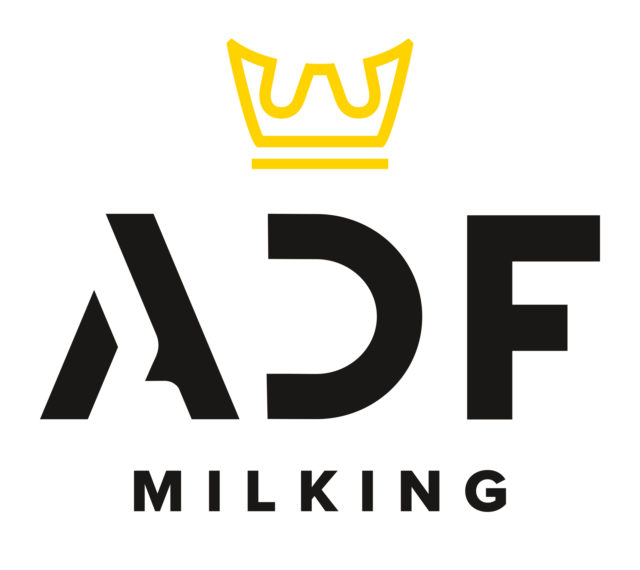This article specifically provides an update on the discussions regarding the publication of Direct Genomic Values (DGV) by CDN, since it was a key topic discussed at length during the open industry session.
A complete executive summary including all actions and recommendations of the GEB will be circulated in the near future. The CDN board of directors will consider all such recommendations for approval at its meeting scheduled for Dec. 10.
- The open industry session was well attended, with over 80 participants, including many breeders as well as industry personnel. CDN extends a special appreciation to those breeders who took the time to attend this meeting and share their thoughts.
- In advance of the meeting, CDN and Holstein Canada organized meetings and discussions with key advocates in favour of keeping the publication of DGV to gain a better understanding of the various perspectives of Canadian breeders. As a result of these discussions, CDN conducted additional analysis to assess the potential benefits of DGV for breeders to make selection and mating decisions, compared to using the official Genomic Parent Averages (GPA) of young bulls and heifers.
- In brief, the CDN presentation of analysis results included the following key conclusions:
o The DGV scale for any trait, including LPI and Pro$, is wider than the scale for GPA, which means they are not directly comparable. It also means the most elite animals in the breed will have DGV higher than GPA for marketing purposes.
o The group of highest genomic young bulls available in A.I. are almost identical with similar rankings based on either DGV or GPA. The same is also true for the ranking of heifers in herds of breeders that have been involved for decades in herdbook registration, milk recording, type classification and the use of A.I. sires.
o In terms of predicting the future progeny proof of genomic young bulls, the scale of GPA is more appropriate and more accurate than DGV.
o When considering high-ranking genomic young bulls, the strategy of giving preference to those bulls with the highest difference of DGV minus GPA is not effective for identifying the most promising sires once they are progeny proven. In fact, such an approach ends up selecting genomic young bulls that have a lower Parent Average (PA).
o In terms of using a herd’s heifer genomic evaluations to predict future lactation or classification performance as a cow, both GPA and DGV have equal levels of accuracy, both being superior to using PA alone.
o Another strategy used by some breeders when making sire selection decisions is to identify genomic young bulls with the highest, most extreme DGV with the goal of producing progeny that also have extreme genomic evaluations. Such extreme young bulls and heifers are necessary for breed improvement and provide important opportunities for impacting rates of genetic progress. The CDN analysis conducted to assess the benefits of this approach showed extreme-genomic young bulls based on GPA produced a higher proportion of extreme progeny compared to results based on extreme DGV.
o Based on the discussions and opinions expressed, there was general recognition among those in attendance that no scientific evidence has been found to indicate DGV offers any benefit over GPA for making selection and mating decisions. Given this conclusion, it is clearly understood by all industry partners, especially CDN, breed associations and A.I. organizations, that a concerted and collaborative communication effort is required across the country to breeders, producers and industry personnel.
o Regardless of the technical results from the CDN analysis, those in favour of maintaining the publication of DGV stated doing so maintains the current transparency of data available publicly; attracts international breeders to the CDN website, which helps promote LPI globally; and leaves the choice of whether to use and how to use DGV in the hands of each individual breeder.
After giving due consideration to all of the above and recognizing the GEB is an advisory committee to the CDN board of directors with the mandate of making science-based recommendations, a motion was duly passed to maintain the direction of the previous GEB recommendation to no longer publish DGV and to exclude such data from all outgoing files.
GEB members consider the timing for any implementation of this action is the responsibility of the CDN board of directors, but it should not be any earlier than the stated target date of April 2019.
If there are any questions, concerns or comments regarding the above recommendation of the Genetic Evaluation Board, please feel free to contact CDN Board Chairman Norm McNaughton, GEB Chairman Brian Anderson or CDN General Manager Brian Van Doormaal. ![]()
—Excerpts from Canadian Dairy Network press release










